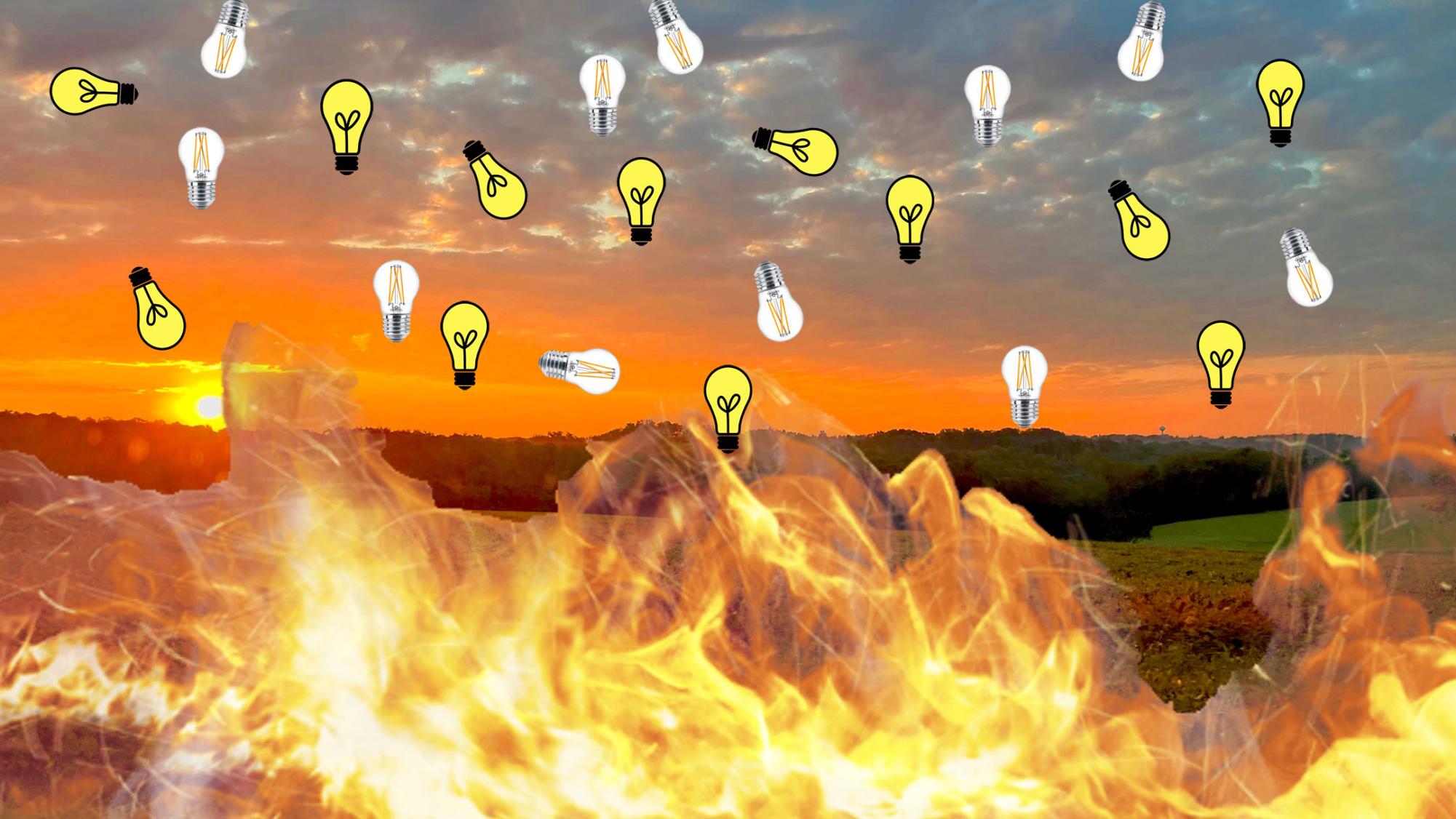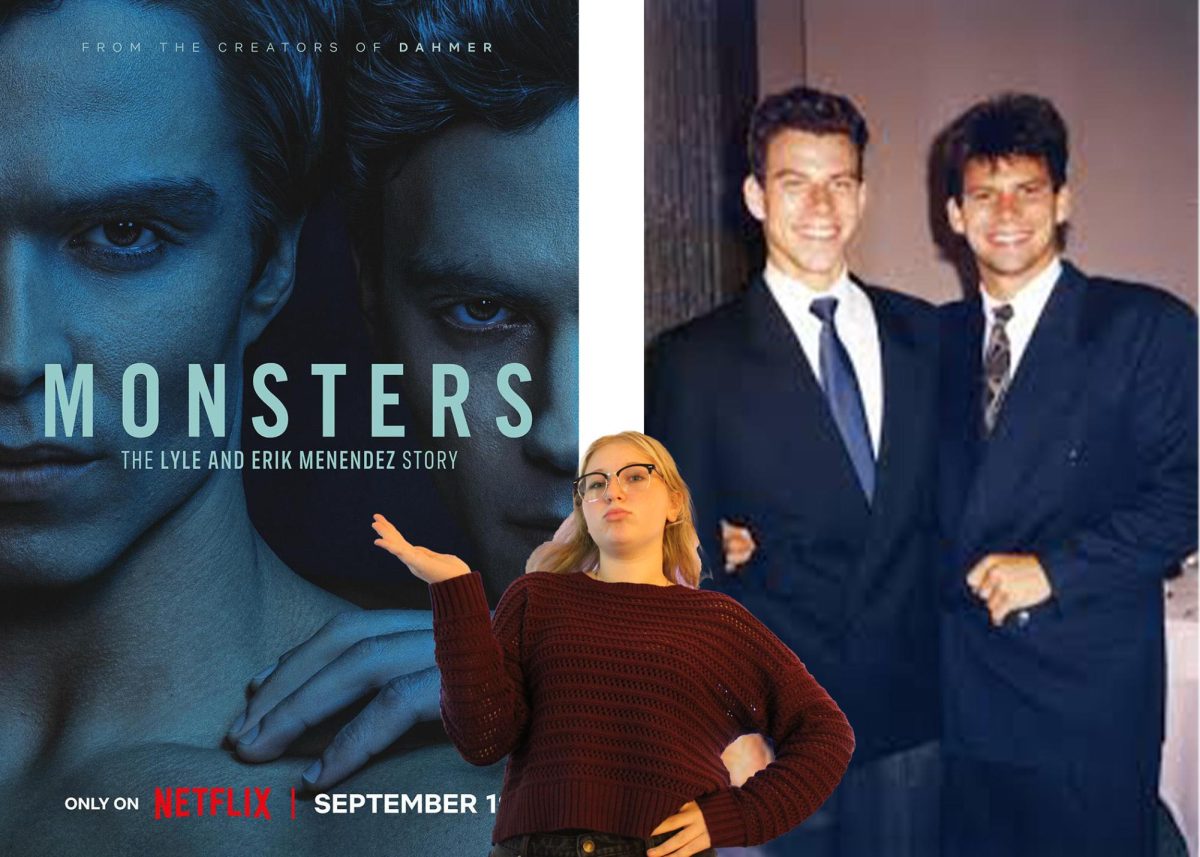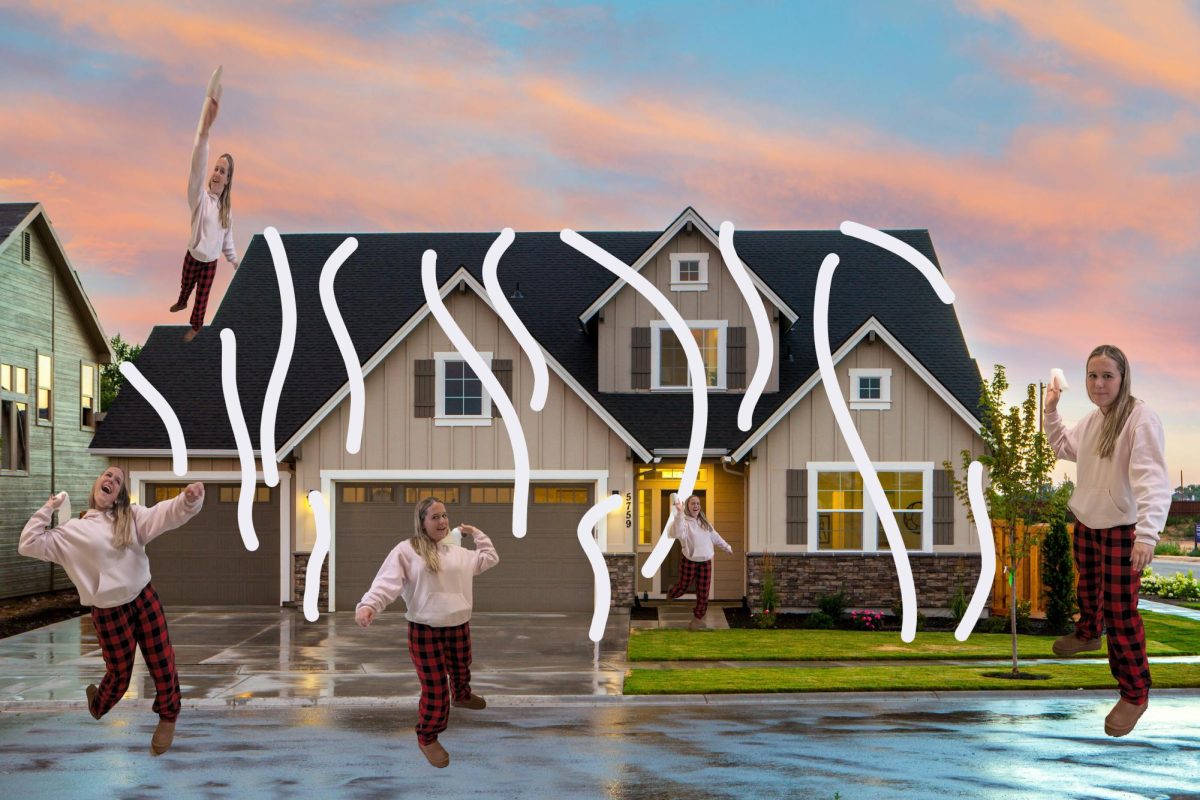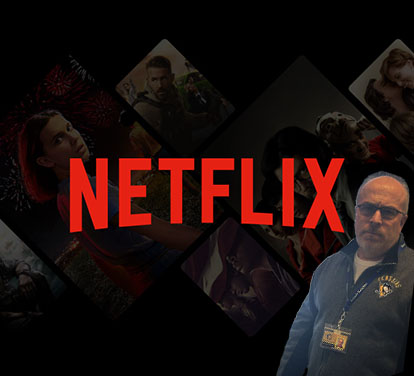Daylight Savings: It’s certifiably the worst two times of the year that come around during the otherwise best times of the year. So, if it’s so terrible, why do we even do it?
Good question.
As a certified enthusiast of the darkness, I feel obligated to be the ambassador of the glorious nighttime hours of our days. Personally, I enjoy feeling particularly productive by being up before sunrise, even if I’m not making extreme feats. The other benefit to a lack of Daylight Savings schedules is the fact that I can be outside past FIVE PM and still be able to see my hand in front of my face.
So if it hasn’t been made abundantly clear, I am extremely anti-Daylight Savings. I’ve always thought it was pretty pointless, seeing as all it does is force everyone to disrupt their body’s circadian rhythm and RUIN the entire country’s ability to function for at least a week.
It doesn’t help that, in case you haven’t noticed, DAYLIGHT SAVINGS DOESN’T ACTUALLY SAVE ANY DAYLIGHT. In case you missed this particular lesson of Mr. Voltz’s 7th grade Earth and Space Science class, it might be time for a refresh: at some point in the Fall, we turn our clocks back one hour, effectively “gaining” an hour, and we do the reverse in Spring, shifting the clocks forward and “losing” an hour. However, this process doesn’t actually change a single thing about the amount of time in each day that is composed of daylight. It just forces us to be awake during different times of the day.
So my question is, why can’t people just DEAL with a difference in the time that the sun rises? Is it really so much of a change that we have to ruin our bodies’ natural sleep cycles every six months in order to account for the natural revolution of the Earth? I think not.
Today, the widely accepted reason why this system is still implemented is in efforts to conserve energy consumption due to using less electricity to keep lights on. To this I once again say, what’s so wrong with sitting in the dark once in a while? Why are Americans so impotent when it comes to traversing their own homes with the lights off? I do it just fine every morning, and I’ve only broken two toes by stubbing them on my door frame in the dark. If you ask me, that’s a small price to pay to avoid whatever the heck this national daylight massacre is.
But seriously, I don’t really understand this logic because, for example, in the Fall, we add an hour to our clocks, basically starting our days an hour later and therefore (theoretically) using less electricity for lighting in the mornings. However, this just means that we’re still using that electricity, just in the afternoon when it gets darker earlier! Why does nobody understand this?!!??!?!?
Perhaps rewinding to the origins of Daylight Savings will help us understand its purpose a bit better! Time for a deep-dive: “Daylight Saving time was first introduced in the United States in 1918 under the Standard Time Act as a measure to save on fuel costs during the First World War by adding an extra hour of sunlight to the day, according to the Library of Congress” (USA Today).
How embarrassing. According to ME, the Library of Congress is grossly mistaken, seeing as I’m almost positive that the made-up time system of 5% of the people on Earth actually doesn’t change the course of the Sun and make the entire globe spin slower. Last I checked at least.
It also doesn’t help that many Americans don’t support Daylight Savings time changes either. A study by Business Insider found that only 21% of Americans were in definite support of keeping Daylight Savings time changes. Additionally, sleep experts are often referenced on this issue, as they frequently advise against these time changes due to their negative effects on our minds and bodies.
On the government level, some states have passed legislation to make Daylight Savings time permanent (thus, not changing the clocks and running on the Daylight Savings schedule year-round), though these conversations have so far only been on the state-level. This means in order to allow these bills to actually be enacted, Congress has to spear-head a movement on the federal level, which doesn’t seem likely given the EXTREMELY CRUCIAL AND PERSISTENTLY MOMENTOUS HARD WORK OF OUR POLITICAL SYSTEM DEDICATED TO EFFICIENCY AND PRODUCTIVITY that consistently takes up the calendars of our prestigious legislators (see current Speaker of the House election).
So unfortunately, while Daylight Savings remains the most pressing issue in the lives of Americans today, it doesn’t look like the torture will be ending any time soon.








